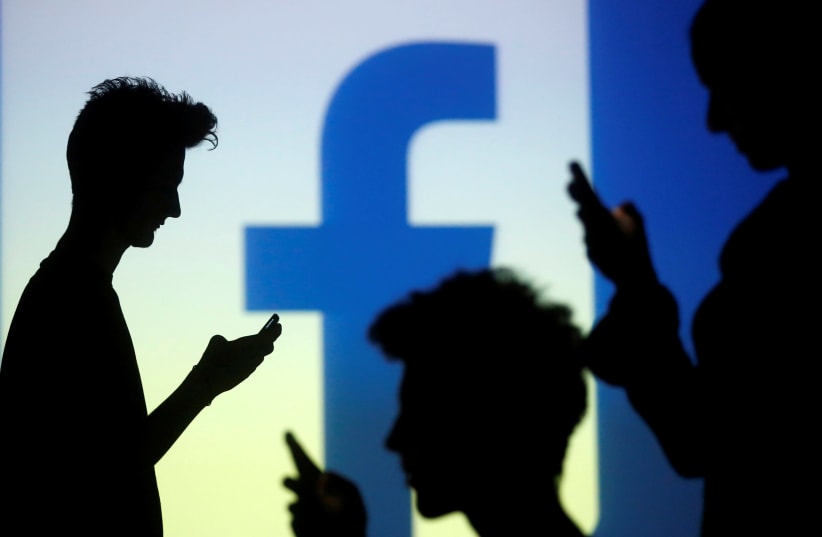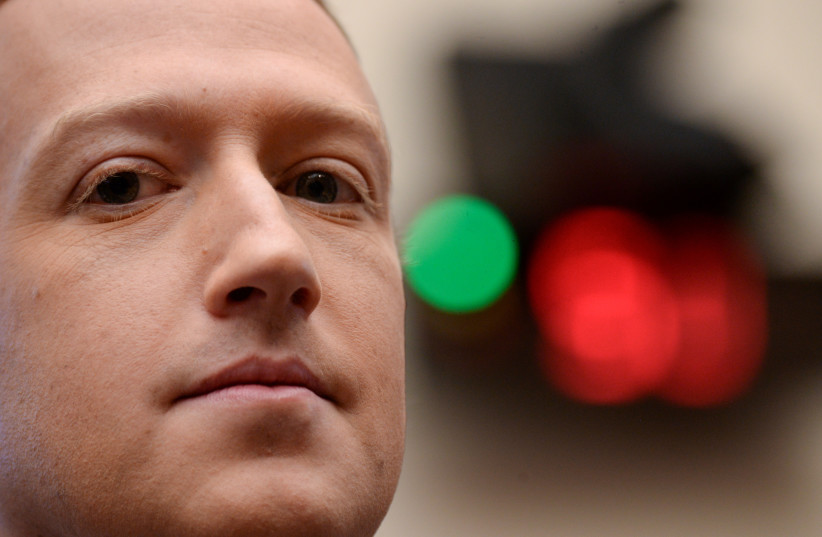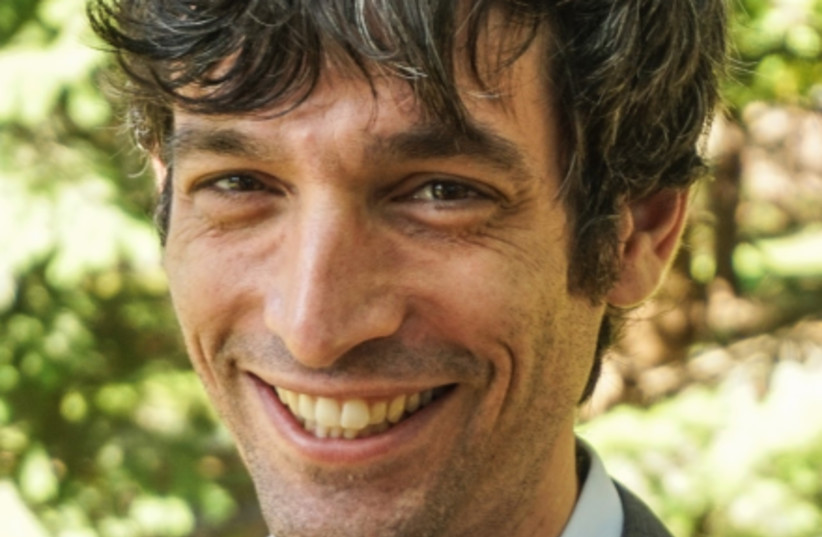Facebook, Mark Zuckerberg’s pioneering social medium that debuted in 2004 and is used daily by two billion people around the world, is having a serious negative impact on the psychological health of college students. This was proven in a comparison of the mental health of American students in universities and colleges that had access to Facebook and those that did not.
The study, which will soon be published in the American Economic Review under the title “Social Media and Mental Health,” was already awarded a prize at this year’s Economic Society European Meeting. It was led by researchers from Tel Aviv University (TAU), the Massachusetts Institute of Technology’s Sloan School of Management and Bocconi University in Milan, Italy.
The study focuses on Facebook’s first two-and-a-half years (2004-2006) when the new social network was gradually spreading through academic institutions and it was still possible to detect its impact by comparing colleges that had access to the platform to colleges that did not. A comparison of the findings found a significant rise in the number of students reporting severe depression and anxiety, from 7% to 20%. The study was led by Dr. Roee Levy of TAU’s Berglas School of Economics, Prof. Alexey Makarin of MIT, and Prof. Luca Braghieri of Bocconi.
“Over the last 15 years, the mental health trends of adolescents and young adults in the US have worsened considerably.”
Prof. Luca Braghieri
Rise in severe depression among students
“Over the last 15 years, the mental health trends of adolescents and young adults in the US have worsened considerably,” stated Braghieri. “Since such worsening in trends coincided with the rise of social media, it seemed plausible to speculate that the two phenomena might be related.”
The study goes back to the advent of Facebook at Harvard University in 2004, when it was the world’s first social network. Facebook was initially accessible only to Harvard students who had a Harvard email address. Quickly spreading to other colleges in and outside the US, the network was finally made available to the general public in the US and beyond in September 2006.
The researchers studied Facebook’s gradual expansion during those first two-and-a-half years to compare the mental health of students in colleges that had access to Facebook with that of students in colleges that did not have access to the platform at that time. Their methodology also took into account any differences in mental health over time or across colleges that were not related to Facebook. This approach enabled conditions similar to those of a “natural experiment” – clearly impossible today now that billions of people use many different social networks.
Social media and depression
“Many studies have found a correlation between the use of social media and various symptoms related to mental health,” said Makarin. “However, so far, it has been challenging to ascertain whether social media was actually the cause of poor mental health. In this study, by applying a novel research method, we were able to establish this causality.
“We find that the roll-out of Facebook at a college increased symptoms of poor mental health, especially depression. We also find that among students predicted to be most susceptible to mental illness, the introduction of Facebook led to increased utilization of mental healthcare services,” the researchers wrote in the paper.
“Lastly, we find that, after the introduction of Facebook, students were more likely to report experiencing impairments to academic performance resulting from poor mental health. Additional evidence on mechanisms suggests that the results are due to Facebook fostering unfavorable social comparisons.”
THE STUDY combined information from two different datasets – the specific dates on which Facebook was introduced at 775 American colleges and the National College Health Assessment (NCHA), a survey conducted periodically at American colleges.
The researchers built an index based on 15 relevant questions in the NCHA, in which students were asked about their mental health in the past year. They found a statistically significant worsening in mental health symptoms – especially depression and anxiety – after the arrival of Facebook, a rise of 7% in the number of students who had suffered, at least once during the preceding year, from depression so severe that it was difficult for them to function; a rise of 20% in those who reported anxiety disorders; an increase in the percentage of students expected to experience moderate to severe depression from 25% to 27%; a rise in the percentage of students who had experienced impairment to their academic performance due to depression or anxiety from 13% to 16%.
Moreover, the impact of Facebook on mental health was measured at about 25% of the impact of losing a job and 85% of the gap between the mental states of students with and without financial debt – with loss of employment and debt known to strongly affect mental health.
“When studying the potential mechanisms, we hypothesized that unfavorable social comparisons could explain the effects we found, and that students more susceptible to such comparisons were more likely to suffer negative effects,” Levy said.
To test this interpretation, the researchers looked at more data from the NCHA.
“We found, for example, a greater negative impact on the mental health of students who lived off campus and were consequently less involved in social activities, and a greater negative impact on students with credit-card debt who saw their supposedly wealthier peers on the network. We also found evidence that Facebook had changed students’ beliefs about their peers. More students believed that others consumed more alcohol, even though alcohol consumption had not changed significantly.”
Dr. Roee Levy, Tel Aviv University
“We found, for example, a greater negative impact on the mental health of students who lived off campus and were consequently less involved in social activities, and a greater negative impact on students with credit-card debt who saw their supposedly wealthier peers on the network,” concluded Levy. “We also found evidence that Facebook had changed students’ beliefs about their peers. More students believed that others consumed more alcohol, even though alcohol consumption had not changed significantly.”
The study did not specifically examine Facebook’s effect on Israeli college students, but it is likely the harm is not very different from that of their counterparts in the US.


